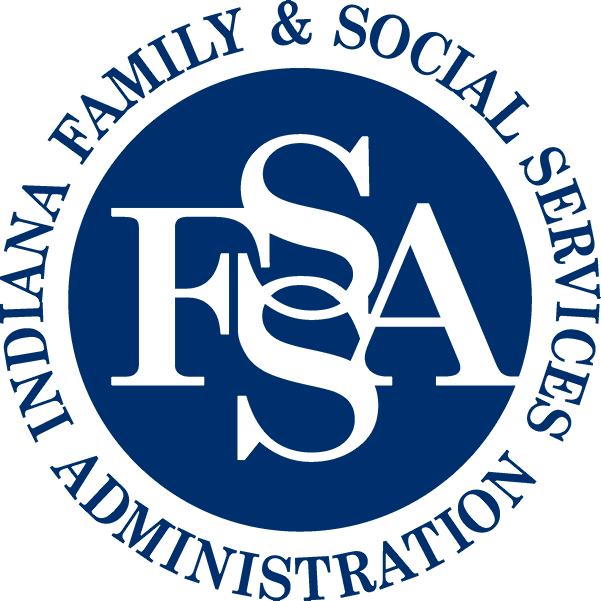About DMHA’s Recovery team:
DMHA’s Recovery team is comprised of individuals with personal lived experience who are committed to improving and expanding the state’s current recovery infrastructure. Team goals include enhancing the quality of certified peers, expanding the peer workforce and increasing access to lived experience support through the training and certification of Certified Peer Support Professionals (CPSP). The Recovery team elevates advocacy and leadership training as a fundamental part of infrastructure growth and sustainability to improve skills necessary to promote recovery at all levels. By celebrating recovery, improving personal wellness, addressing stigma and elevating the lived experience voice, and though collaboration with recovery communities who provide advocacy and training statewide, the Recovery team aims to bring positive systems change to DMHA’s recovery strategies.
- Committed to supporting Indiana’s mental health and addiction recovery communities.
- Actively partner with national, state and local Recovery Community Organizations.
- Grow Indiana’s Behavioral Health workforce though the Certified Peer Support Professionals program.
- Support persons with mental health and /or addiction issues to:
- Live in the most integrated setting
- Live in safe, affordable housing
- Choose an appropriate health care
- Obtain education and employment
- Participate actively within their community
- Have the supports necessary to succeed
Resources:
- Mental Health and Addiction Planning and Advisory Council - Coming soon!
- Certified Peer Support Professionals
- Treatment for substance use disorder
- Data
- Indiana Recovery Network
- Indiana Recovery Café Network
- Indiana Regional Recovery Hubs
Contact information:
Recovery
Division of Mental Health and Addiction
402 W. Washington St. W353
Indianapolis, IN 46204
peersupport@fssa.in.gov


